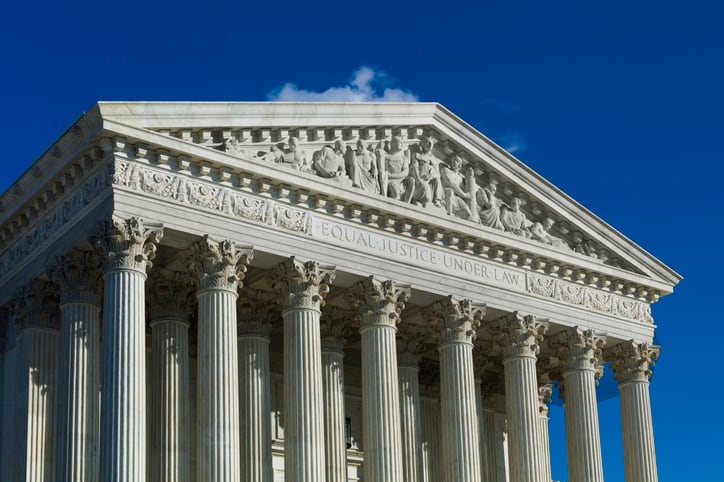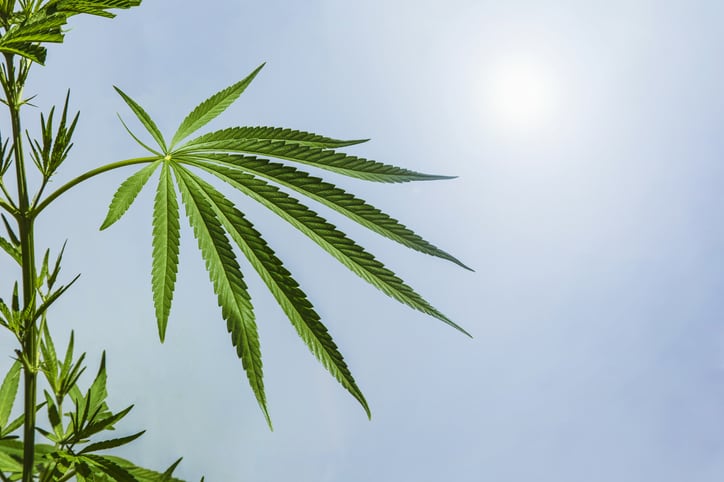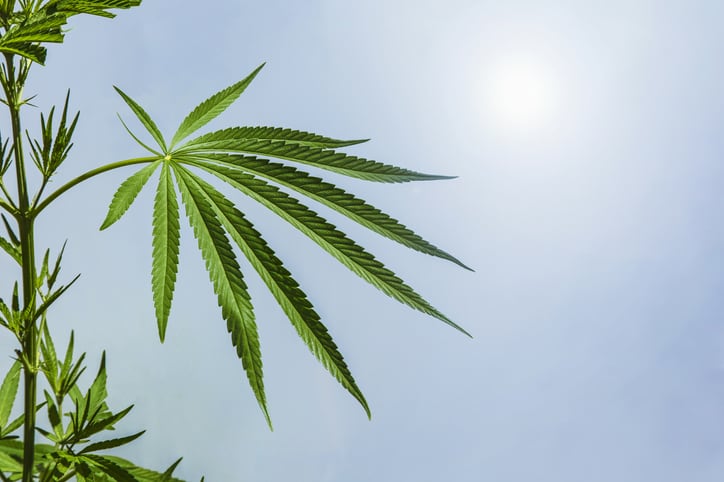During a hearing last Thursday held by the House Agriculture Subcommittee on Biotechnology, Horticulture and Research, Committee Ranking Member Glenn Thompson, R-Penn., characterized FDA as “missing in action” when it comes to crafting a regulatory framework for CBD – a sentiment that was echoed by Ranking Member Rep. Jim Baird, R-Ind., who added he “would encourage [the committee] to include that in our discussions about the 2023 Farm Bill.”
Chairwoman Stacey Plaskett, D-VI, said she agreed “wholeheartedly with that assessment,” while Rep. Chellie Pingree, D-Maine, promoted her recently proposed Hemp Advancement Act, which, if passed, she said could ease what she characterized as “unjust” and “ridiculous” requirements related to the production of hemp and its derived products.
In welcoming stakeholders to the hearing, subcommittee Chair Stacey Plaskett, D-VI, expressed her hope that those gathered could “hear what we can do to ensure the continued growth and development of this resurging crop,” which she noted was outlawed under the Marijuana Tax Act of 1938 until the 2014 Farm Bill removed federal restrictions on the cultivation and production of hemp and the 2018 Farm Bill authorized commercial production of the crop under the oversight of USDA, which issued its final rule on regulating hemp production in January 2021.
“The production of hemp has created value for producers and consumers of over $800 million in 2021, with over 55,000 acres of hemp planted,” she said, adding that “while markets for hemp products such as fiber, grain and flowers are developing, they are still volatile and uncertain.”
FDA’s inaction has chilled the CBD market, endangered consumers
Much of that uncertainty has come from FDA’s hesitancy to create a regulatory pathway for hemp-derived cannabinoids, including CBD, without which many large retailers, manufacturers and banks are reluctant to sell, develop or fund, Kentucky Commissioner of Agriculture Ryan Quarles testified at the hearing.
Likewise, “public statements by FDA officials stating that is unlawful to sell ingestible hemp-derived CBD products have taken their toll on the industry,” further chilling CBD commerce and investment, added US Hemp Roundtable VP and CEO of Ecofibre Eric Wang.
He added that “farmers are not the only ones who are being crushed by this regulatory uncertainty. Consumers are also impacted. Bad actors are selling products without appropriate safeguards and misleading consumers with false label claims.”
He explained that some “struggling farmers and businesses have pivoted to market intoxicating products such as Delta-8 THC, prompting FDA and CDC warnings that they pose significant consumer health and safety risks.”
With this in mind, he advocated for a “clear regulatory pathway for CBD,” which he said “would not only relieve the economic pressure that is leading to this product shift, but it would help ensure products do not contain intoxicating hemp ingredients.”
Specifically, he asked members of Congress to include in the 2023 Farm Bill language that would regulate CBD and other non-intoxicating hemp derivatives as dietary supplements, and to adopt provisions outlined in Rep. Pingree’s Hemp Advancement Act.
Clarity needed around THC threshold in hemp, CBD products
Among the provisions in the bill called out at the hearing for inclusion in the upcoming Farm Bill was a higher threshold for THC in hemp and in-process extract from 0.3% to 1% paired with the adoption of a separate definition for consumer-ready hemp products.
“The current law’s definition is focused on the chemical compounds within the hemp plant at the time of harvest in the field or greenhouse,” which “is not a useful yardstick for measuring the intoxicating potential of consumer products that are intended for human consumption, such as gummies, liquids, vapes or ‘smokeables,’” said Quarles.
“For consumer products, we believe a separate legal standard is needed. And that product standard needs to focus on quantities, not percentage concentration by weight. To illustrate, a candy bar weighs about 1.76 ounces, which converts to 50,000 mg. If that same candy bar’s THC concentration was 0.3% it would contain 150 mg of THC,” which is higher than the typical 100 mg included per serving in adult-use products, he explained.
Easing production standards without compromising safety
Another provision in Pingree’s proposed legislation that Colorado Department of Agriculture Commissioner Kate Greenberg advocated for inclusion in the upcoming Farm Bill was the removal of background check requirements, which bans people with a drug-related felony conviction from receiving a hemp license for 10 years. She explained the provision blocks those who have completed their rehabilitation from participating in a legal agricultural commodity and adds unnecessary costs and strains on the already small segment.
Greenberg also endorsed Pingree’s proposal to remove DEA registration requirements for testing labs as this severely restricts testing options and contributes to capacity strain.
She further argued one way to reduce the need for testing and the subsequent strain it creates is to allow the use of certified seed that has acceptable THC levels as acceptable.
These measures, taken together and included in the upcoming Farm Bill could help restore some of the excitement around hemp production when the 2018 Farm Bill first passed but which, as Rep. Thompson noted, quickly turned to trepidation after the first growing season when FDA’s chilling assessment of CBD as inappropriate for consumables and inaction on the regulatory front left many producers with hemp the field and no buyers.
Grateful for the expert testimonies presented last week, Thompson and other members of Congress present lamented the lack of insight from FDA and USDA, noting that future hearings may call on the regulators to account for their action and inaction related to hemp.




